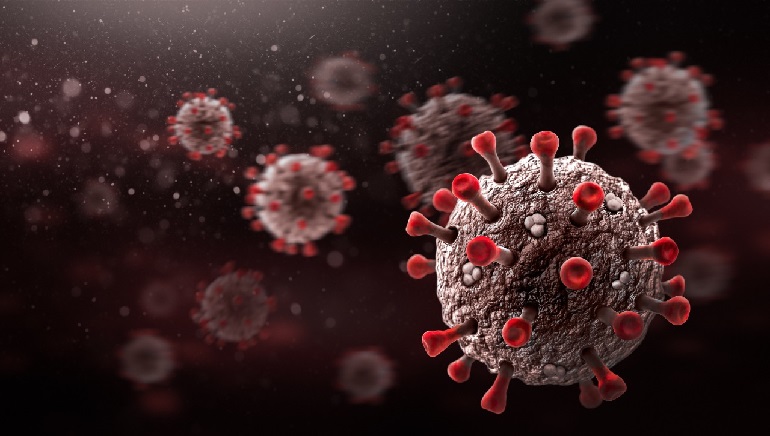Scientists at the Indian Institute of Science (IISc) Bangalore have designed a new class of artificial peptides or miniproteins that can render viruses like SARS-CoV-2 inactive. The miniproteins can bind to and obstruct the spike protein on the surface of the SARS-CoV-2 virus, which helps it enter and infect the human cells.
A study published in the journal Nature Chemical Biology reveals that the miniproteins can not only block the entry of the virus into our cells but also cluster virus particles together, lowering their capacity to infect.
The team discovered that protein-protein interaction is more like that of a lock and a key and it can be destroyed by miniproteins designed in the lab that acts, fight with, and stops the ‘key’ from binding to the ‘lock’ or vice versa.
These miniproteins are spiral, hairpin-shaped peptides, each having the ability to pair up with another of its class, forming what is known as a dimer. Each dimeric bundle’ give out two faces’ to link with two target molecules.
The theory proposed by the researchers stated that the two faces would tie up to two separate target proteins fastening all four in a complex and blocking the action of the target molecules.















